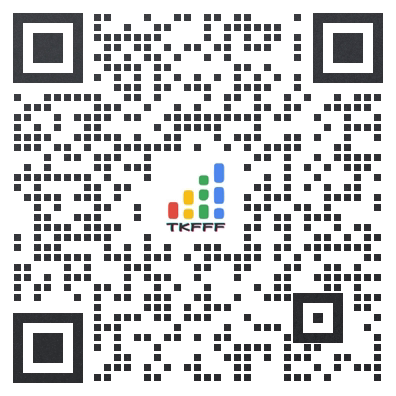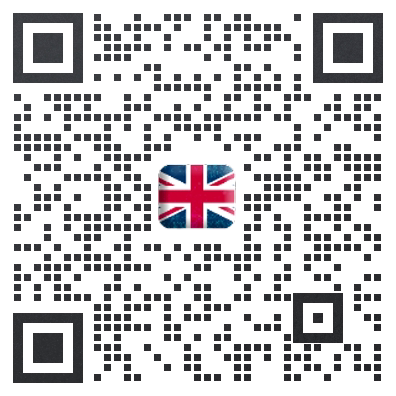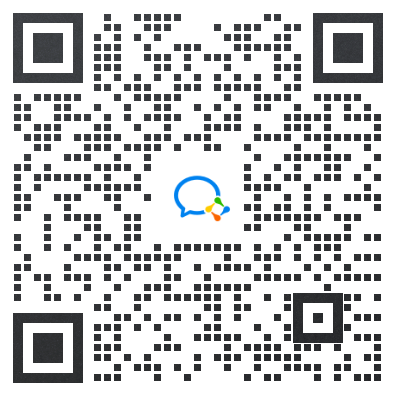
It might be excusable for some citizens to be lulled to sleep by the happenings of the American political system. After all, there is not much that Congress is able to accomplish with party control divided between two chambers and an insurgent wing of the House Republicans causing headaches for Speaker Mike Johnson (R-La.). Not to mention, a repeat of the 2020 presidential election has not stirred much excitement among the electorate.
But within one year, over 170 million monthly TikTok users in the United States could wake up to the reality that they no longer have access to this popular social media platform.
Congress recently passed a foreign assistance bill that included a measure to ban TikTok in the US if its parent company, ByteDance, does not divest its holdings to a US firm within nine months. President Biden, who can extend the time frame by three months, signed the bill into law on April 24.
The rising geopolitical tensions between the United States and China and concerns over national security prompted the movement to ban TikTok. Congress had already banned it on federal government devices as had most states, but a total ban would go further.
ByteDance is a Chinese-based company, and lawmakers fear the Chinese government could have access to citizens’ personal information. Further, there are concerns that TikTok can disseminate misinformation or manipulate Americans’ views on China, which could sow division and confusion in the face of an actual Chinese threat.
But aside from national security concerns, there may be other reasons why a TikTok ban could be good for America.
First, a TikTok ban could motivate young Americans to pay more attention to politics. It is not often that something that is readily available and common to Americans is taken away from them. According to the Pew Research Center, a majority of adults under 30 and teens use TikTok. Within a year, a resource that millions of Americans not only rely on for entertainment and socializing but also for marketing their small businesses, educating themselves on DIY projects, and informing themselves about the latest news and information could disappear.
While U.S. Rep. Maxwell Frost (D-Fla.), the only Gen-Z elected member of Congress believes that a ban will harm Democrats’ ability to reach out to young voters, the ban could be a wakeup call to younger Americans. The banning of a social media platform seems like it would be something found in Putin’s Russia or Xi’s China rather than Biden’s America.
The potential ban could prompt more young people to learn more about politics and to engage with the political process that led to the law in the first place. It may even spark discussions about civil liberties and the challenge of finding the proper balance between security and free speech rights, a debate already underway in the wake of university campus protests in support of Palestinians across the country.
Second, a TikTok ban focuses more attention on the reliance of social media as a source of news. If a major concern over TikTok is China’s potential ability to spread misleading information, does this not also apply to other social media platforms by users with nefarious intentions?
Increasingly, more Americans, especially younger generations, rely on social media for their political news. While some social media platforms have safeguards to mitigate the spread of misinformation, social media posts are not scrutinized for veracity by the same standards as more traditional media outlets.
In fact, the U.S. Supreme Court heard oral arguments in two cases on Feb. 26 that raised the question of whether social media companies are simply mediums of transmitting information (akin to a telephone line) or rather outlets of information that can be subject to editorial processes (like a newspaper). If the Supreme Court rules that they are the former, then society will need to put more resources into media literacy, including teaching the necessary skills to sift through the social media garbage for credible sources of information.
Finally, the TikTok ban law marked a rare occasion of bipartisanship support and opposition. The 118th Congress only passed 34 bills last year and is on pace to be one of the least productive in history. The bill to ban TikTok passed with overwhelming bipartisan support in the House (360-58) and the Senate (79-18).
Opposition to the bill has also resulted in some interesting bedfellows. Former president Donald Trump posted on Truth Social that a ban will only increase the influence of Meta, which controls Facebook and Instagram. He wrote, “I don’t want Facebook, who cheated in the last Election, doing better.” Trump joined TikTok himself on June 1, and after posting one video, already has nearly 6 million followers
MAGA Patriots may find themselves in agreement with free speech organizations, like the American Civil Liberties Union (ACLU), and Democrats (and Democrat-leaning individuals) who make up the majority (6 in 10) of news consumers on TikTok. Even frequent opponents Reps. Alexandria Ocasio-Cortez (D-NY) and Marjorie Taylor Greene (R-Ga.) both voted in opposition to the bill.
For some, a TikTok ban would be a welcome respite from ridiculous videos that may or may not be so innocuous, but for others, it is an affront to free speech rights. Either way, the possibility of a TikTok ban may jolt young people into action, place greater focus on media literacy, and even produce some common ground for a bitterly polarized electorate.
文章来源:penncapital


TKFFF公众号
扫码关注领【TK运营地图】






 闽公网安备35021102002035号
闽公网安备35021102002035号